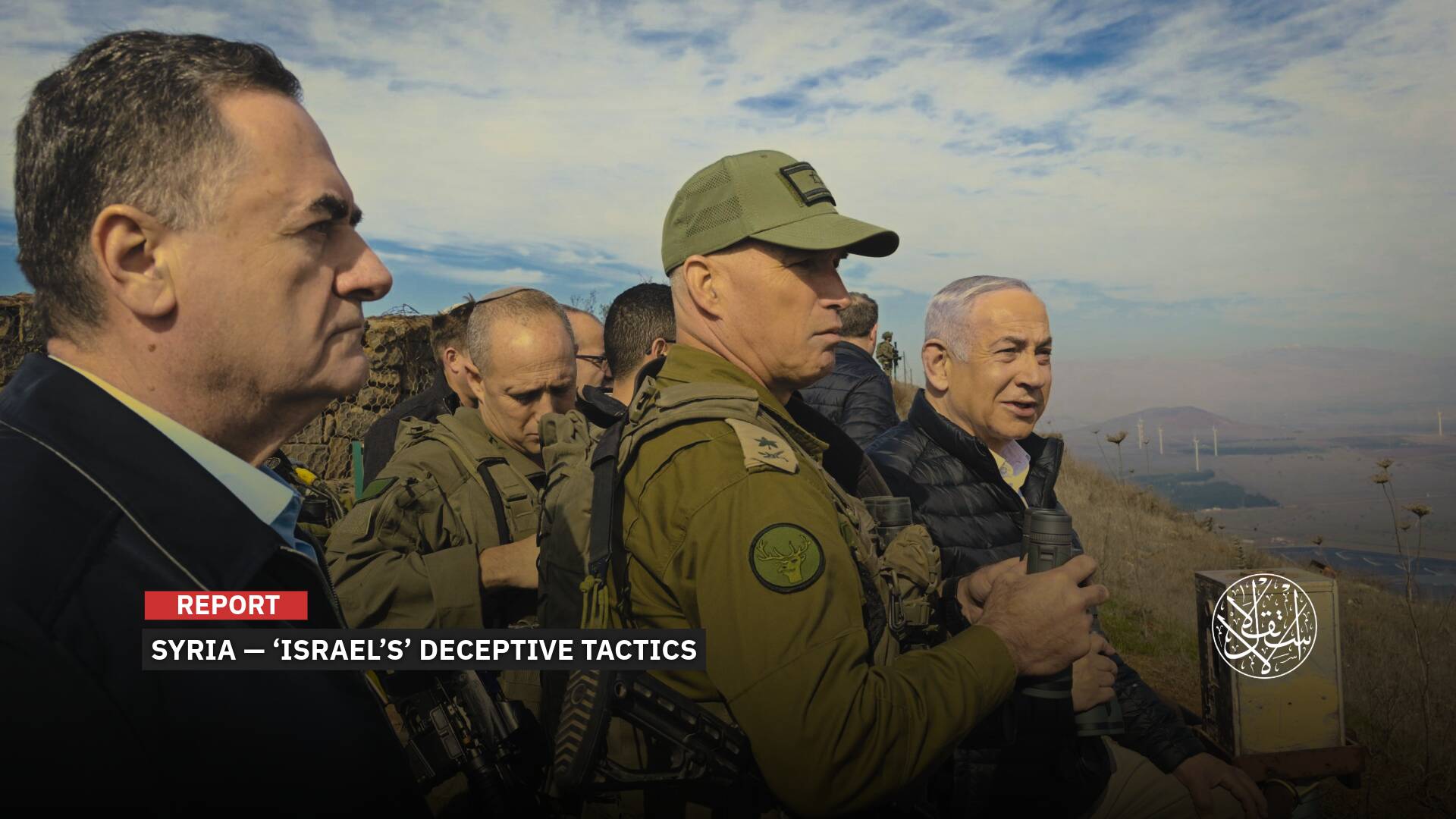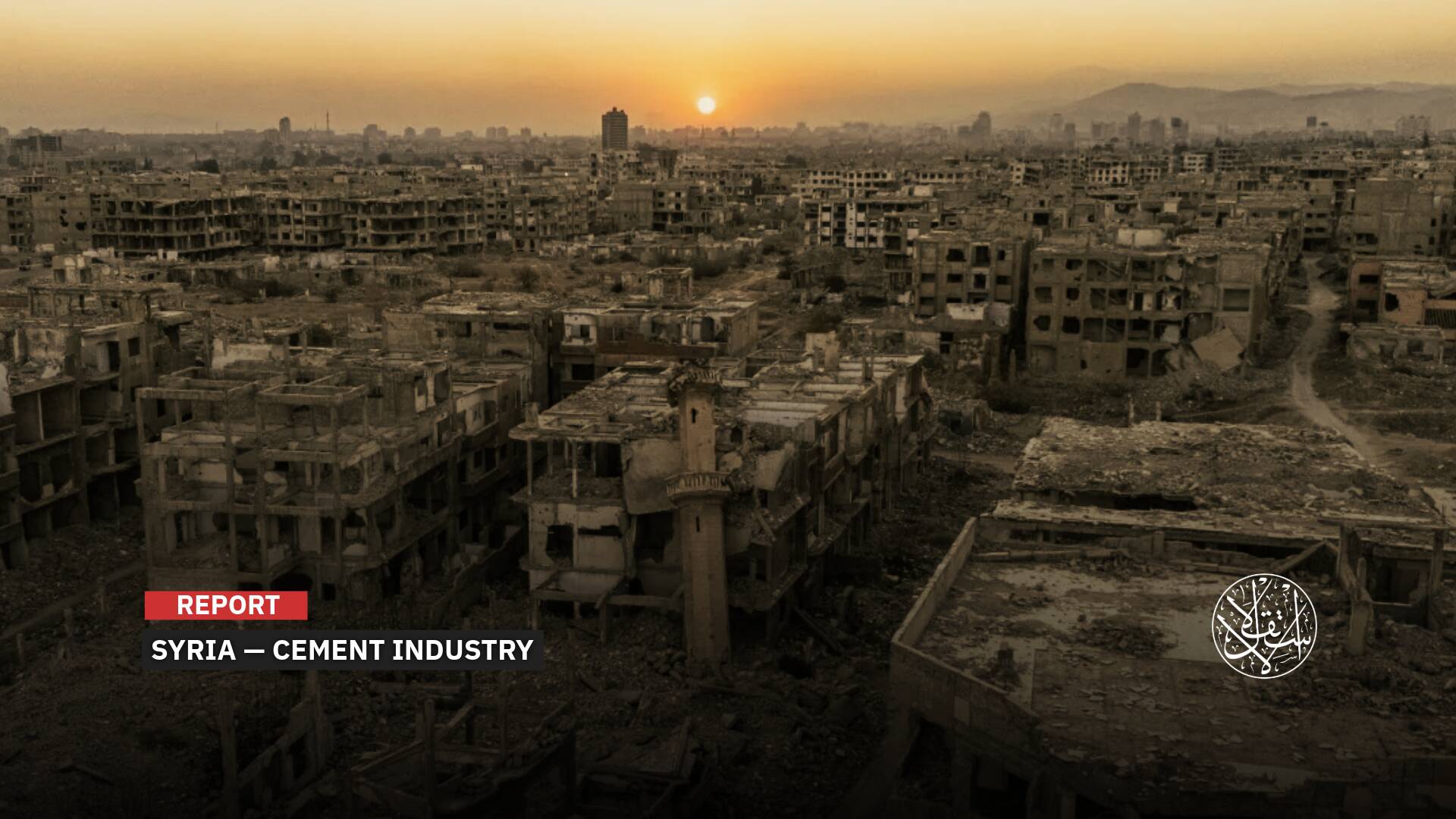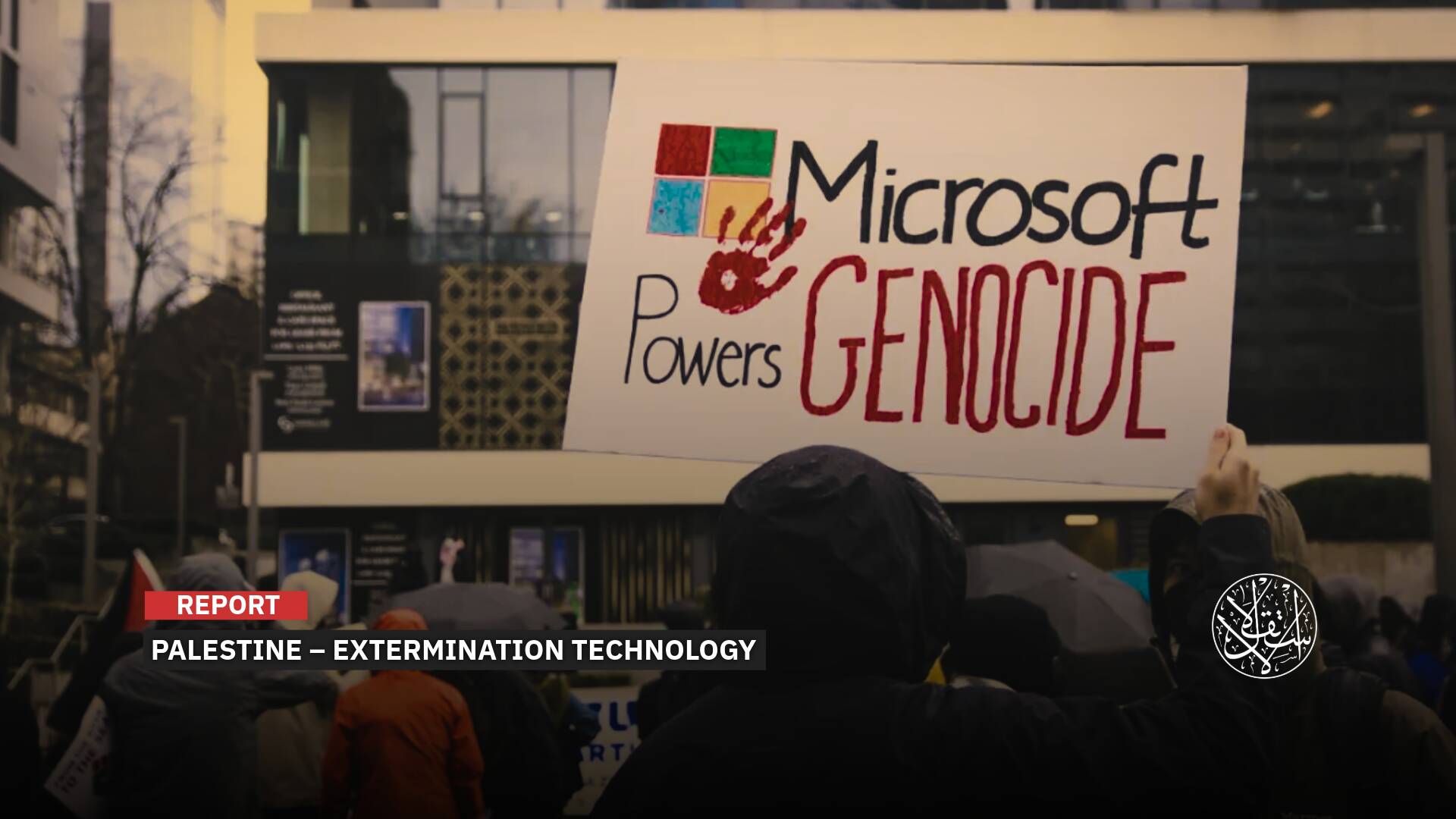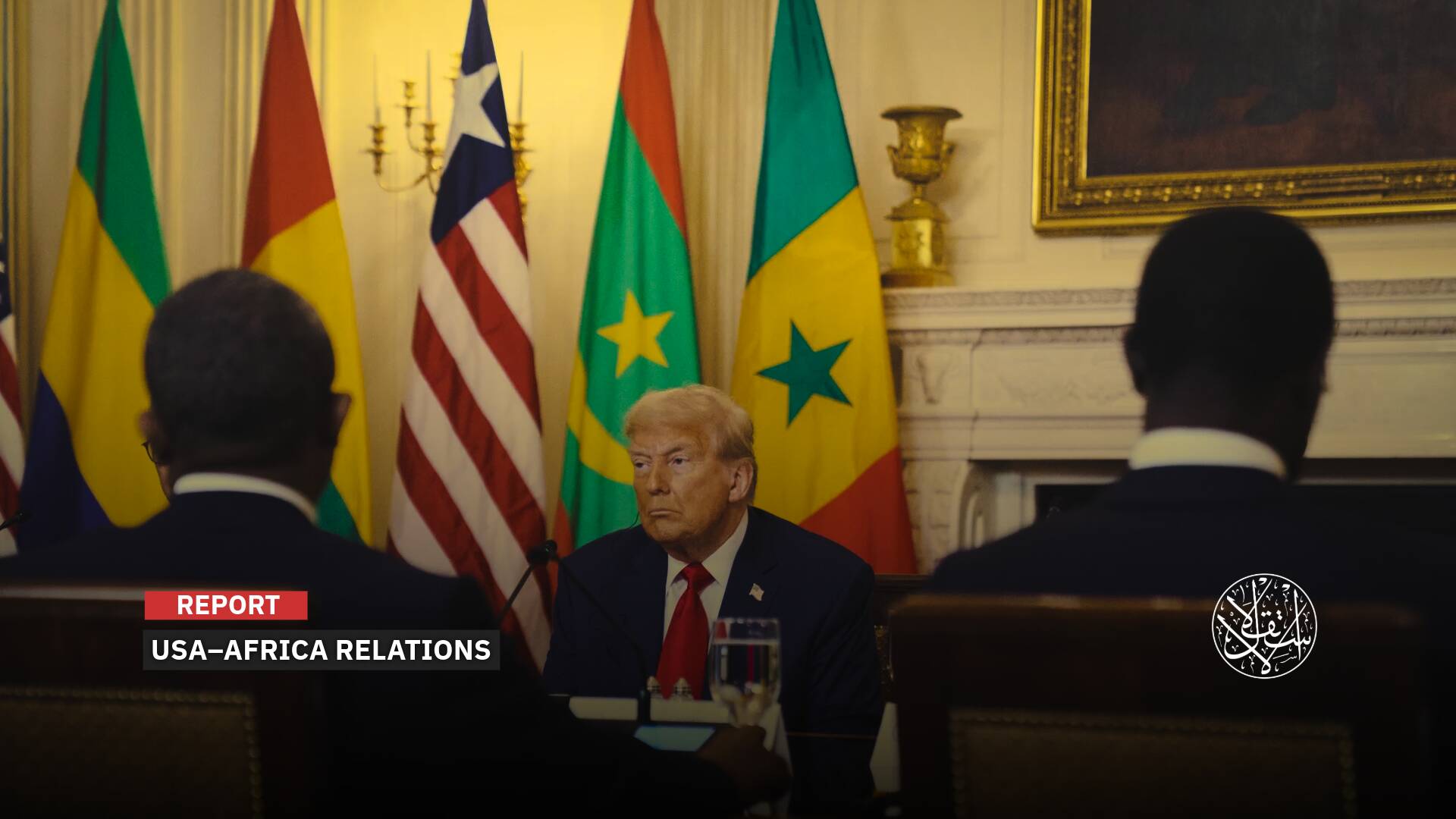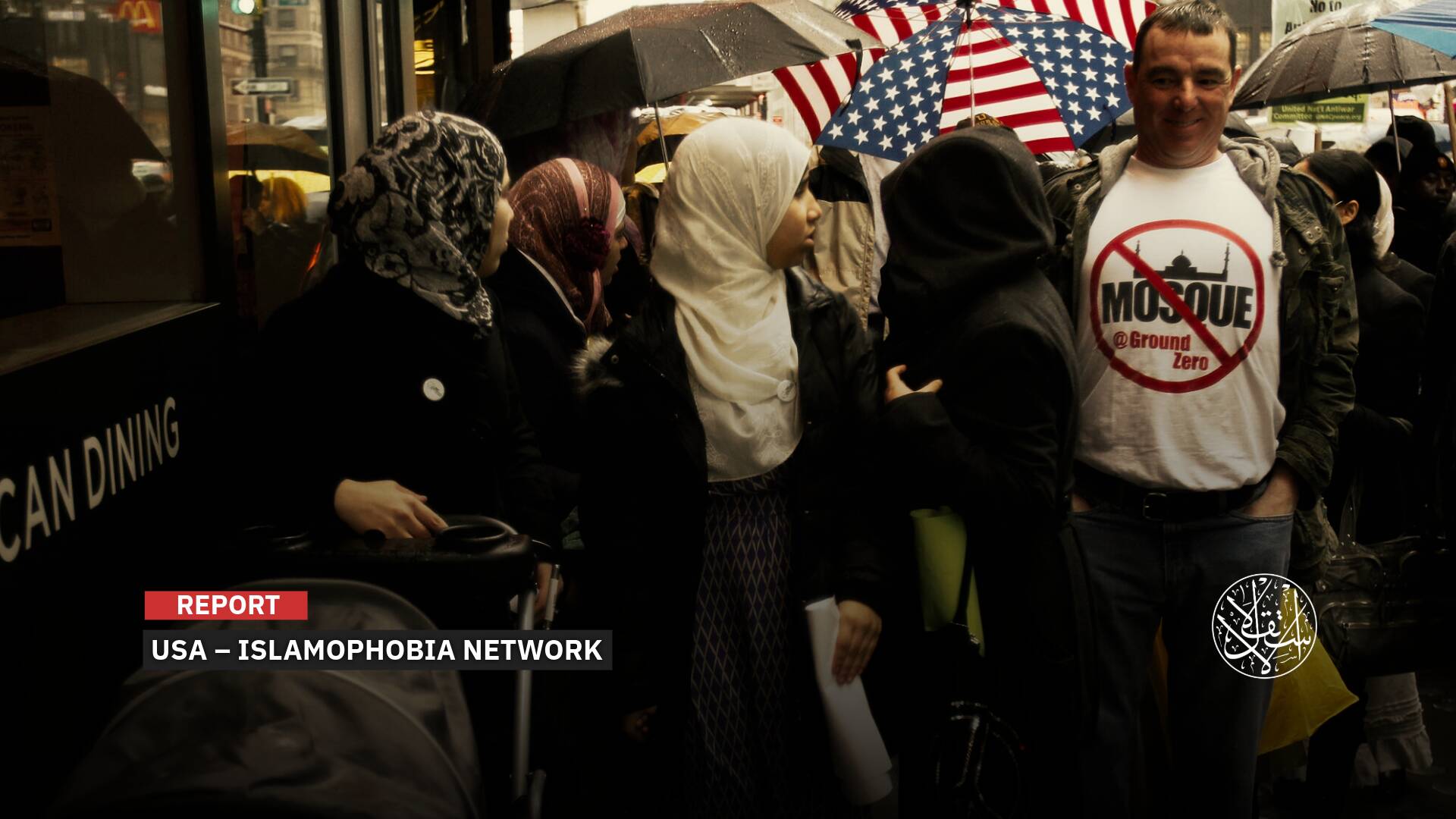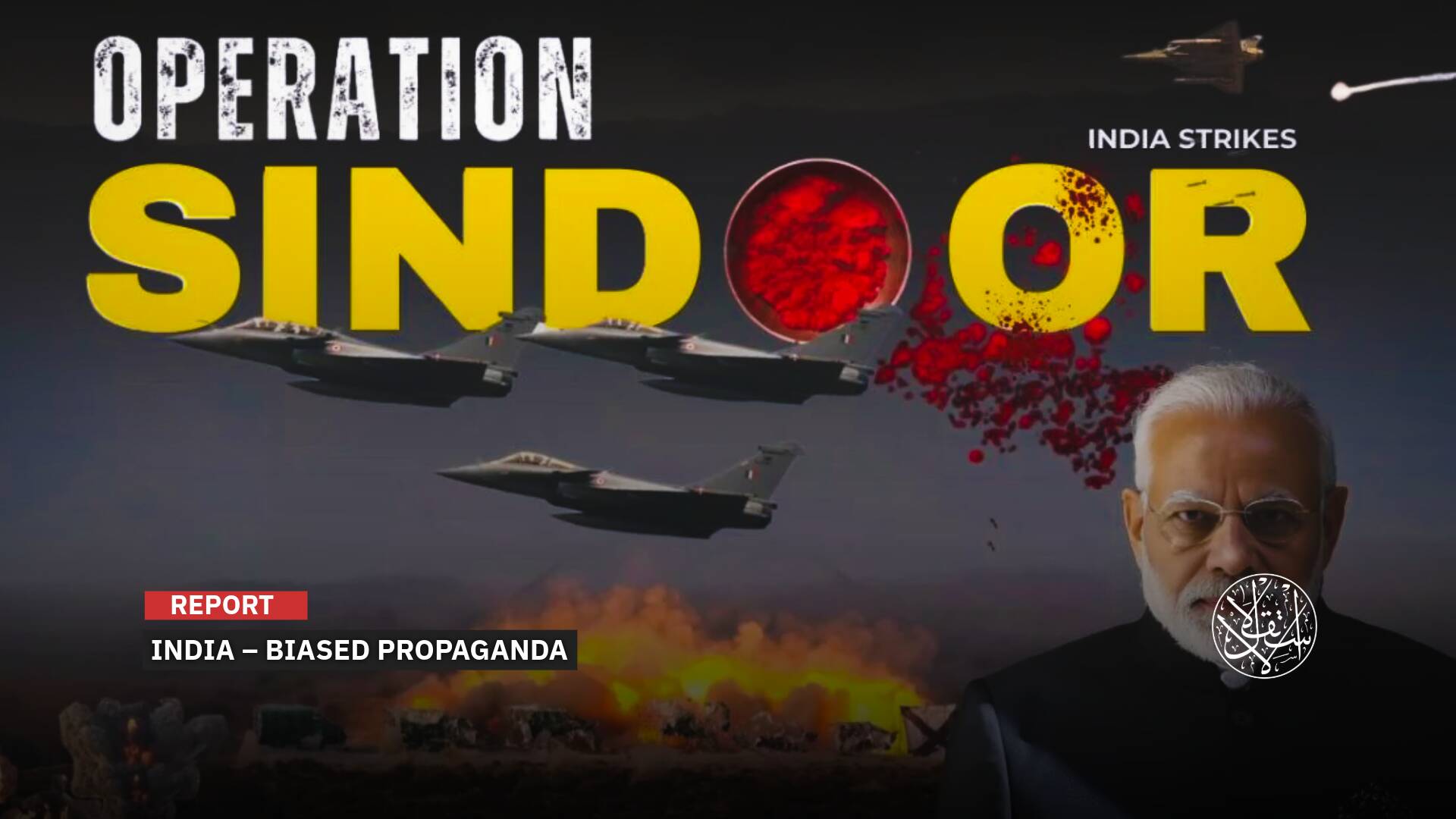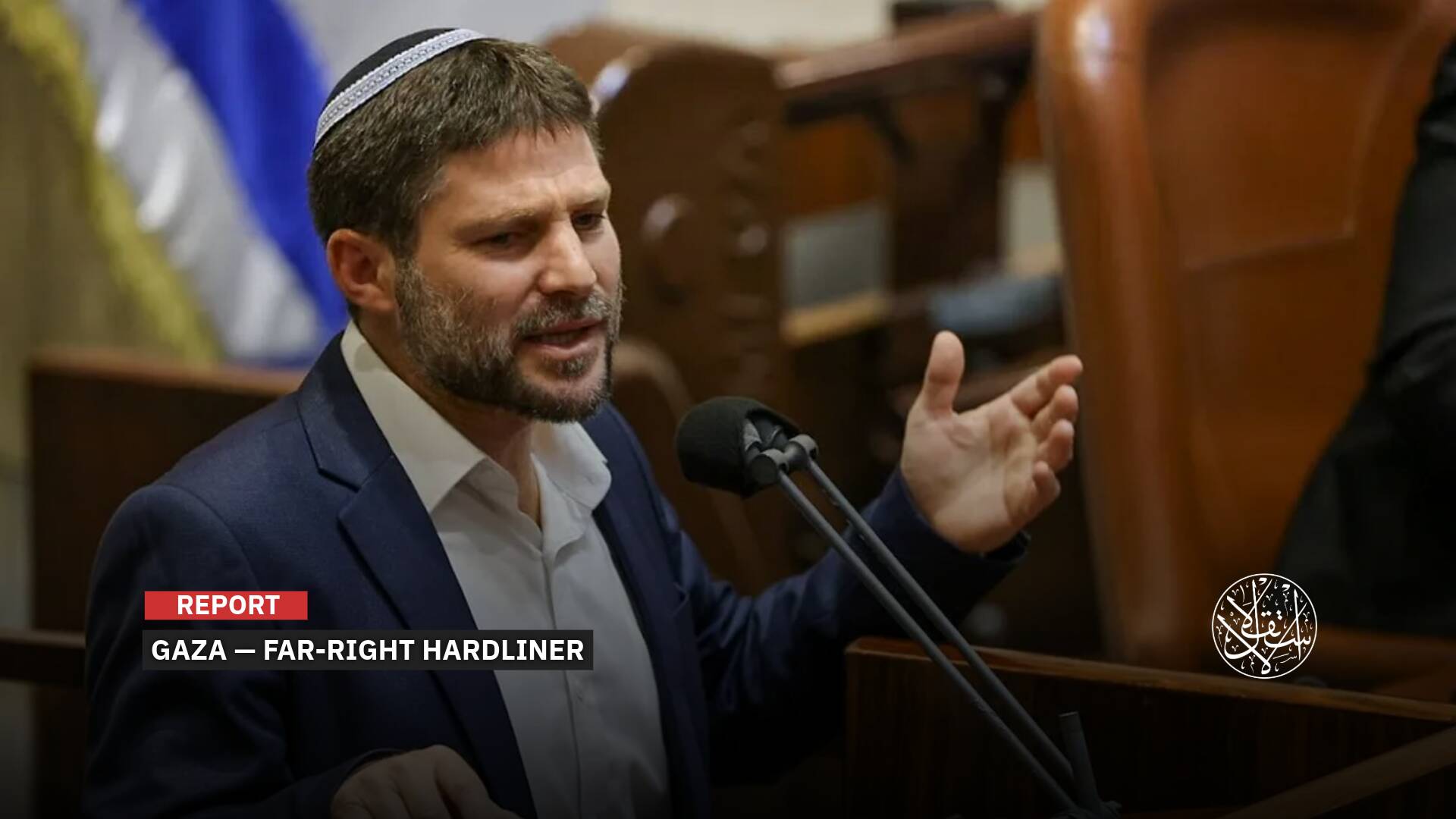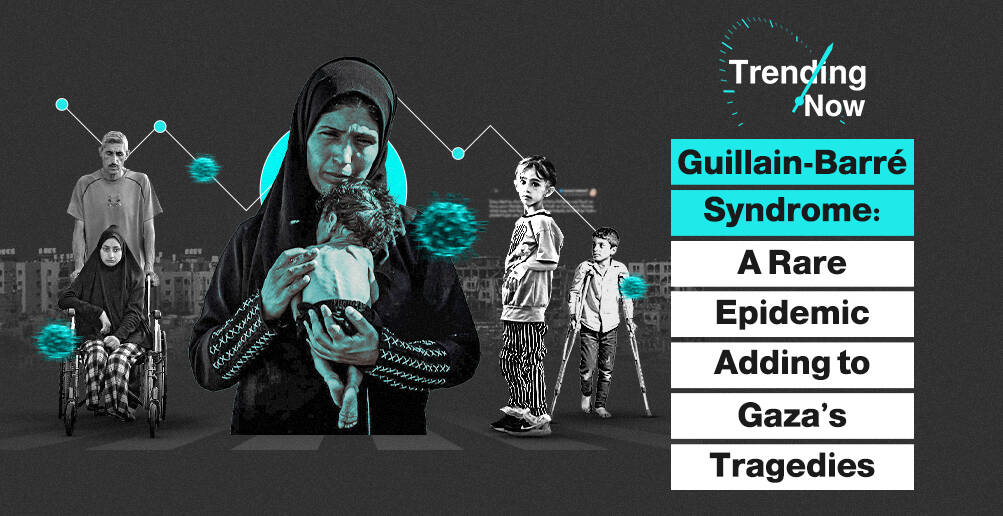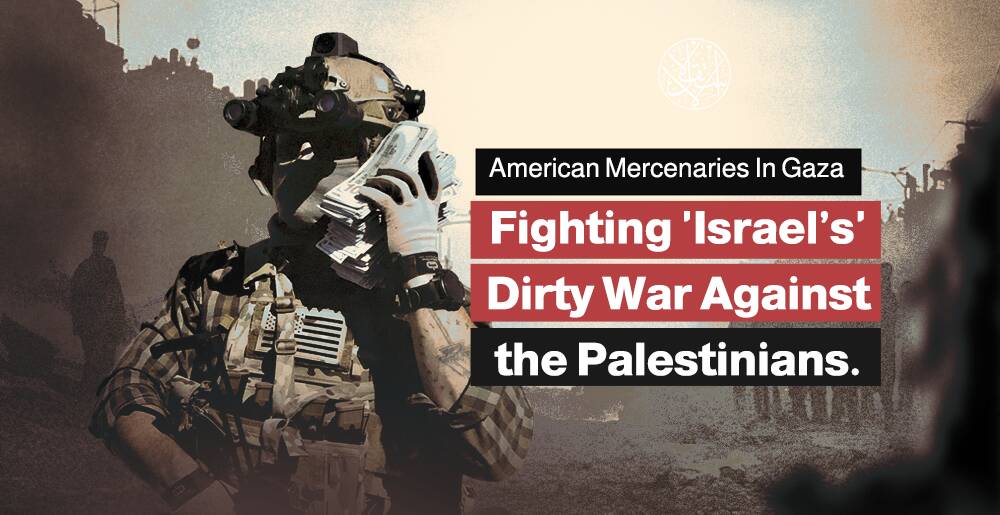After the Bombing of Sudan’s Capital: Will Sudan be Divided Again?

Sudan’s capital, Khartoum, was plunged into chaos on Monday as armed clashes erupted between the army and a paramilitary force, raising fears of a civil war in the Arab nation.
The violence, which killed at least 100 civilians and wounded many others, according to a doctors’ syndicate, disrupted air traffic and daily life for the city’s 8.4 million residents.
Streets were deserted as gunfire and explosions rang out, and vital sites were seized by the Rapid Support Forces, a powerful militia that has been accused of human rights abuses.
The confrontation was the culmination of months of tension between the military and civilian factions of the transitional government that took power after the ouster of longtime dictator Omar al-Bashir in 2019.
The Rapid Support Forces, led by Gen. Mohamed Hamdan Dagalo, also known as Hemedti, have been vying for more influence and autonomy from the army, which is headed by Gen. Abdel Fattah al-Burhan.
The two men are the leaders of the Sovereign Council, a joint civilian-military body that is supposed to pave the way for democratic elections by 2023.
Chaos Ahead
The trigger for the clashes was unclear, but some analysts said they were sparked by a dispute over the control of a bank that holds the country’s gold reserves.
Others said they were part of a broader power struggle between Hemedti and Burhan, who have been at odds over issues such as relations with Ethiopia, the role of foreign mediators, and the implementation of a peace deal with rebel groups.
The international community expressed alarm over the situation and urged all parties to cease hostilities and respect the constitutional order. The United States, Britain, Norway, and Ireland issued a joint statement saying they were “deeply concerned” by the violence and called for “an immediate return to dialogue.”
The United Nations, the African Union, the European Union, and several Arab countries also issued similar appeals.
While these catastrophic scenes surprised some, and many did not expect them, yet what is happening now on the ground of unprecedented turmoil has had preludes and harbingers during recent times that suggested its occurrence, although it is not known when it will happen.
The clashes brought air traffic and daily life to a halt for some 8.4 million people living in the capital Khartoum, as the streets were empty of pedestrians within less than two hours of the clashes that left people dead and wounded, including members of the army, according to photos and videos posted by activists on social media.
The death toll from ongoing clashes in Sudan between the regular army and paramilitary forces has risen to 56 civilians, the doctors’ syndicate announced. Western and Arab countries expressed concern over the development of events and called on all parties to stop fighting immediately.
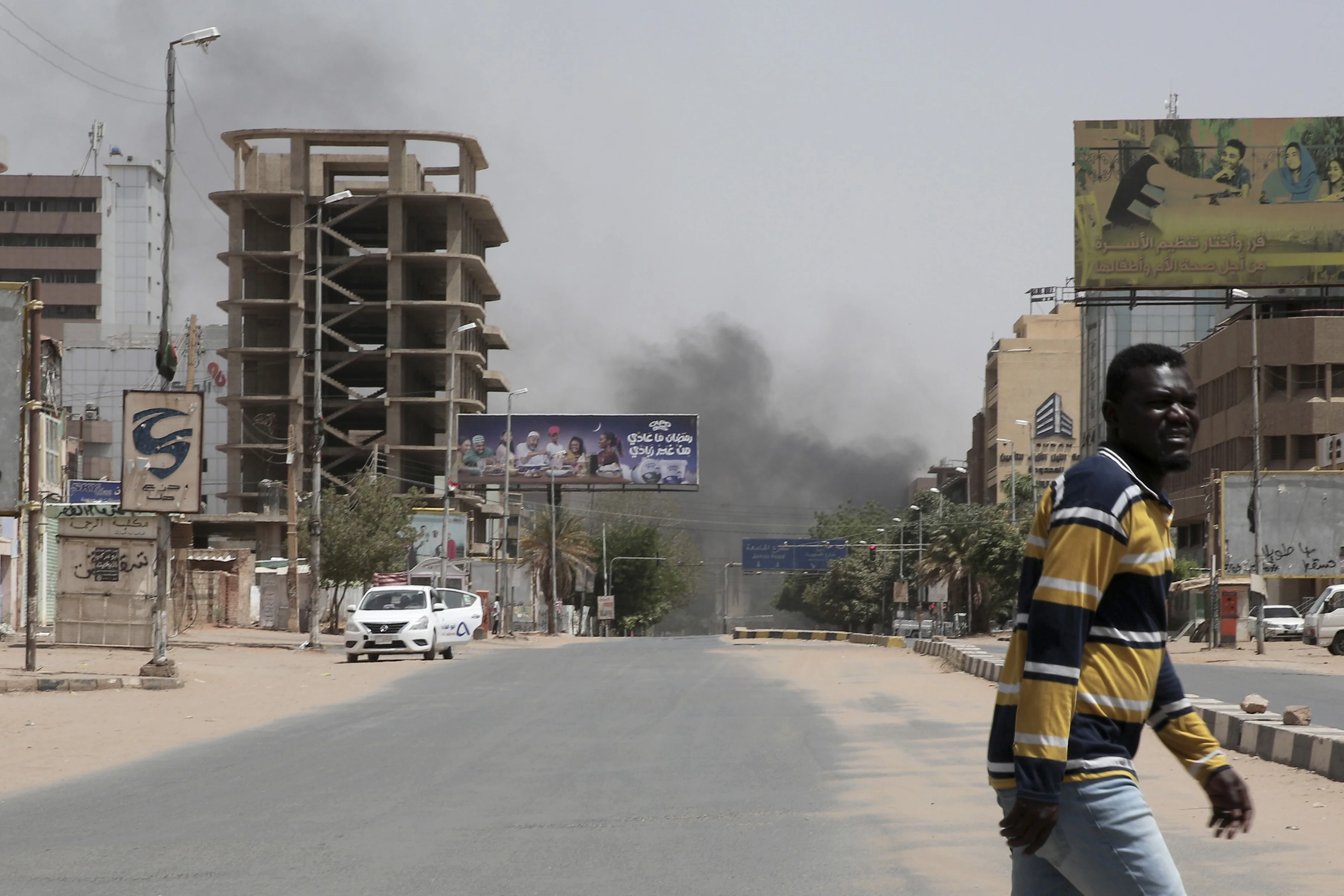
Conflict Parties
Sudan’s official Armed Forces is responsible for defending the country’s unity and territorial integrity and repelling foreign attacks. But another force, the Rapid Support Forces, or RSF, has emerged as a powerful rival in the country’s turbulent transition.
The RSF traces its roots to the Janjaweed militias, which fought on behalf of the Sudanese government during the Darfur war in 2003.
In 2013, the militias were formally reorganized under the command of the National Intelligence and Security Service, with the aim of reviving them to confront rebel groups in Darfur, South Kordofan, and Blue Nile State.
The leader of the RSF is Hemedti, who is also the deputy head of Sudan’s Sovereignty Council, the body that oversees the country’s transition after the ouster of former President Omar al-Bashir in 2019.
The council is headed by al-Burhan, who is also the commander of the Sudanese army.
The conflict between the two forces came to light when Hemedti accused al-Burhan of plotting to restore al-Bashir’s “National Congress” regime, which ruled Sudan for three decades before being toppled by a popular uprising.
Hemedti said he discovered from day one that al-Burhan’s decision to dissolve the civilian government in 2021 was a gateway to that end.
Tensions escalated after the signing of a “framework agreement” in December that established the transitional period between the army and the RSF.
The agreement recognized the military’s exit from politics and the handover of power to civilians. It also included clauses on the integration of the RSF into the army, and demanded that the army have one command after the merger.
The agreement stipulated that the RSF’s companies be subordinate to the Ministry of Finance and follow government procedures.
It also said that it would determine the movements and deployment of forces according to the merger process.
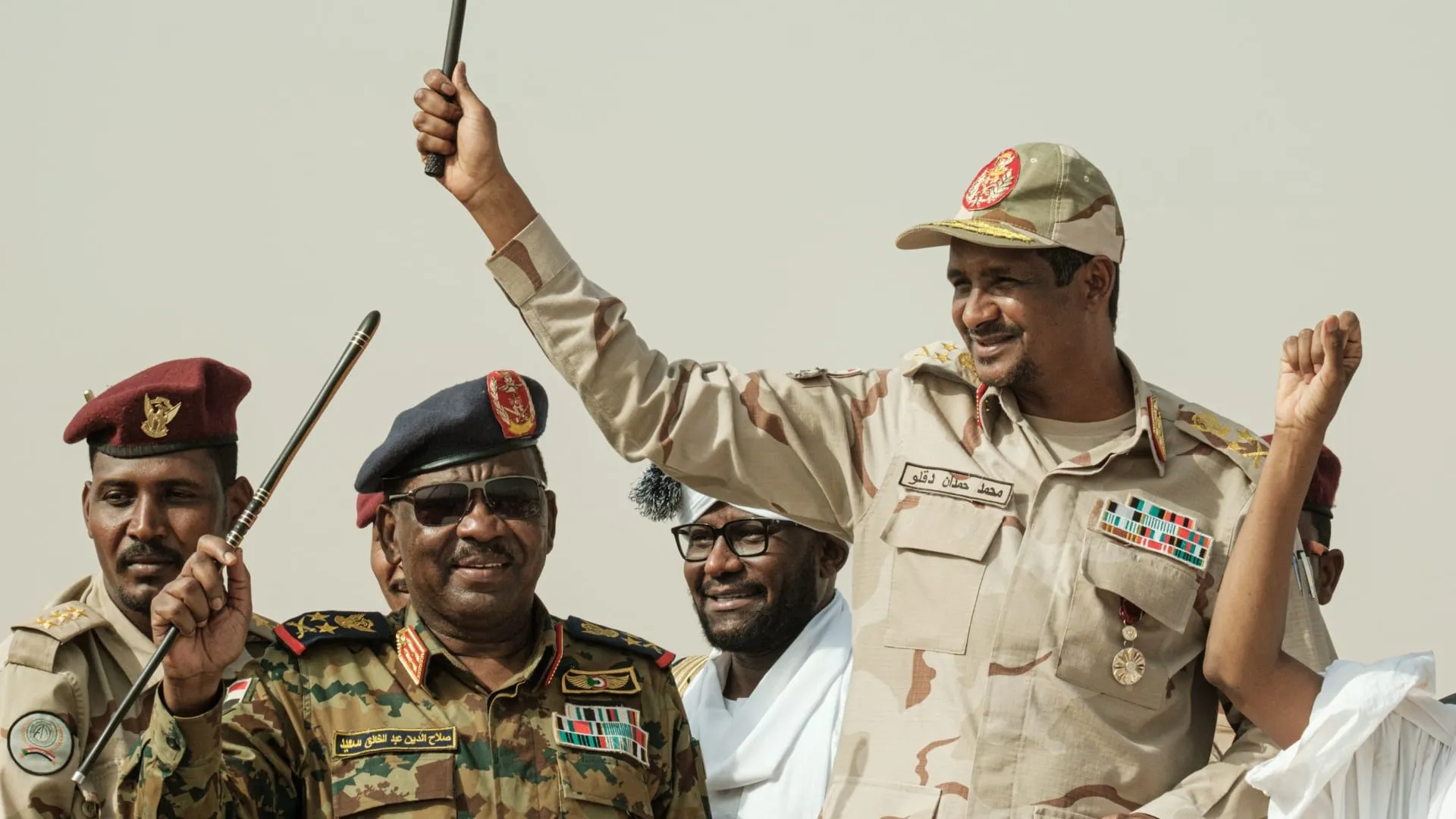
Parties Unite
The National Umma Party, an Islamic political party that is part of the opposition alliance in Sudan, urged an immediate halt to the fighting between the army and a paramilitary group that has killed at least 25 people and threatened to derail the country’s fragile transition to democracy.
The party called for the withdrawal of the forces to their previous positions and the formation of a joint committee of five army and five paramilitary representatives, along with five national figures, to defuse the tension and prevent a security breakdown.
The army and the RSF signed a framework agreement in December 2022 to hand over power to civilians after resolving several issues, including justice, peace, and constitutional reform.
However, they have failed to agree on the integration of the RSF into the regular army, a key demand of the civilian forces and the international community.
The civilian forces that signed the framework agreement appealed to both sides to stop the hostilities and avoid plunging the country into chaos.
They said that “this pivotal moment in our country’s history requires wisdom and prudence and putting the homeland first and foremost. This is a war in which no one will win, and we will lose our country forever.”
They also asked for urgent assistance from the regional and international community to end the bloodshed and refrain from any action that could fuel or worsen the conflict.
As Sudan’s capital Khartoum faces a “fragile” situation amid clashes between rival military factions, the United States is trying to promote a transition to civilian leadership, Secretary of State Antony Blinken said.
Blinken did not name any specific actors who might undermine the progress, but some analysts have suggested that Egypt and the United Arab Emirates are playing a role in fueling the conflict.
Egypt, which supports the army, has reportedly sent air force units to a base near Khartoum, while the UAE, which backs the Rapid Support Forces, a paramilitary group, has provided financial and logistical assistance.
The Rapid Support Forces initially gained the upper hand in the fighting, posting images of dead and captured soldiers on social media, but the army responded with airstrikes that destroyed some of their bases.
The army has superior weapons, special forces, and popular support and is likely to prevail over the paramilitary group and impose a new political reality, according to some observers.
However, the conflict could escalate into a war of cities, causing civilian casualties and disrupting the economic and social ties that the Rapid Support Forces have established in recent years.
The army has not declared a state of emergency or martial law, indicating its confidence in victory, but also raising fears of an all-out war.
The violence has threatened to derail Sudan’s fragile transition to democracy after the ouster of President Omar Hassan al-Bashir in 2019
A power-sharing deal between the military and civilian leaders was supposed to lead to elections by 2023, but it has been marred by disputes and delays.
“This is a real opportunity to move forward with the transition toward civilian leadership,” Blinken said in a news conference in Paris, where he met with his French counterpart, Jean-Yves Le Drian. “We and other countries are trying to promote that.”
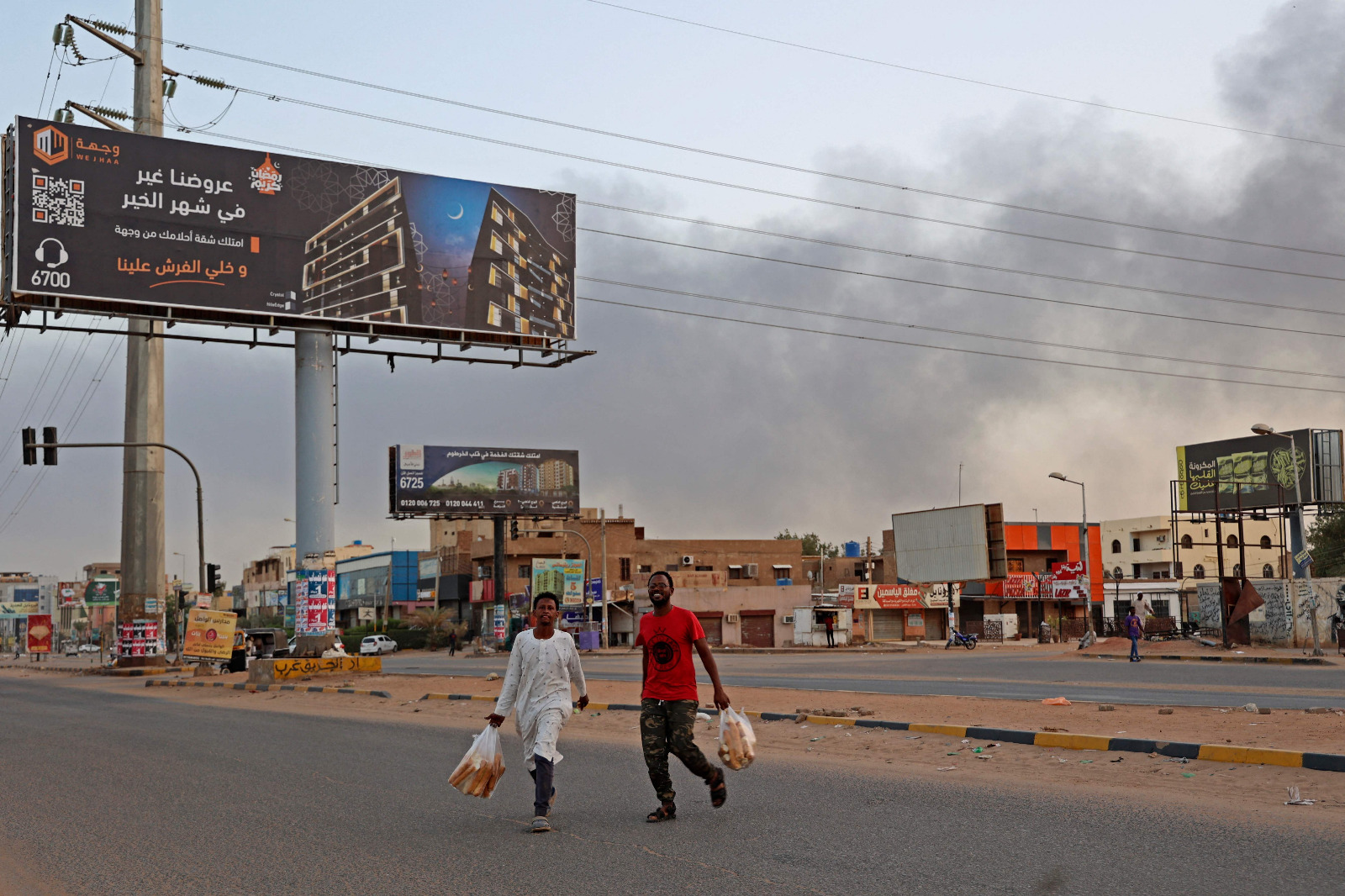
Hope Fades
Political Activist Abdelrahman al-Feel said that Sudan is facing a completely logical point, although it is very regrettable.
In his interview with Al-Estiklal, he said that the current bloody conflict between the two armies is an explosion of a battle that has been postponed for twenty years.
“One side was weak, and the other was strong, until they reached a point of parity, where the former gangsters no longer accept the role of the national army, but aspire to absolute control that secures their clientelist networks and regional alliances,” he said.
“But Sudan is already in a very deteriorating situation. Once that conflict expands, it will not be limited to two warring armies, but all hidden demands will escalate to express themselves militarily from East to South. And it becomes a war of all against all,” he added.
“Sudan has a bitter experience in it. Its implication is that no one succeeds. The only outcome will be Sudan being fragmented, or what is left of Sudan, more precisely.
“Sudan had a historic opportunity for civil transformation in 2019, but the parties, Burhan and Hemedti, spared no effort to conspire against the ambitions of millions of Sudanese,” al-Feel said.
“All that is left for them is an open war between them that redraws power over the bodies of a shattered, poor country.”
According to al-Feel, any victory, even a moral one, for the militia by publishing any news issued by it or by media channels that support the militia or have purposes, is a defeat in these moments.
“Any victory, even a moral one, for the Sudanese army is better and better. This is the weakest we can do,” he concluded.


